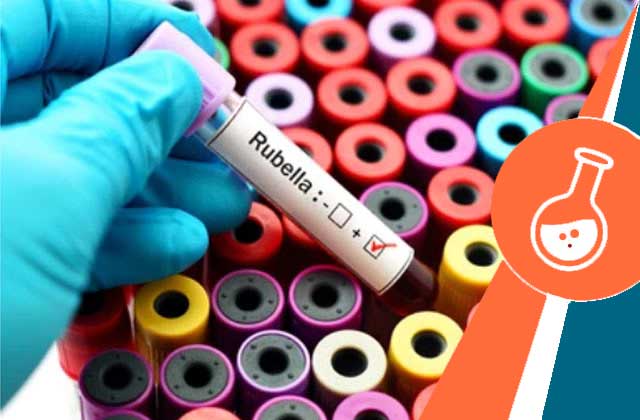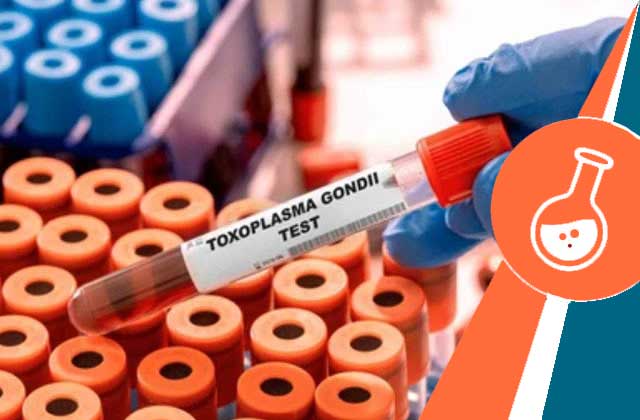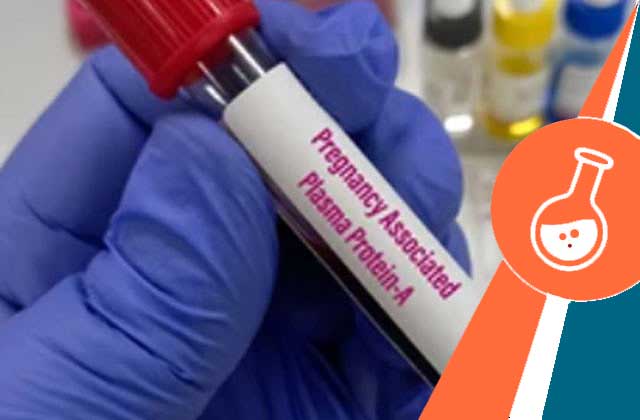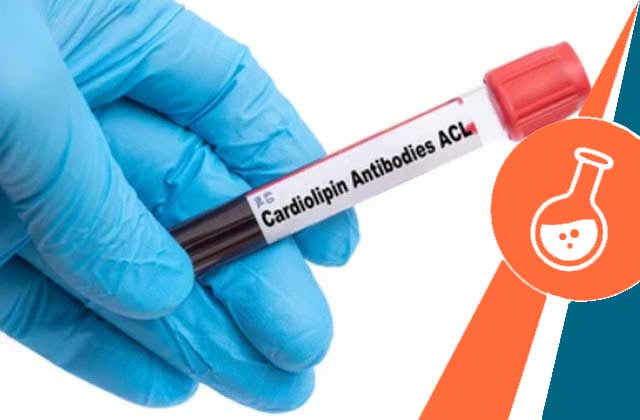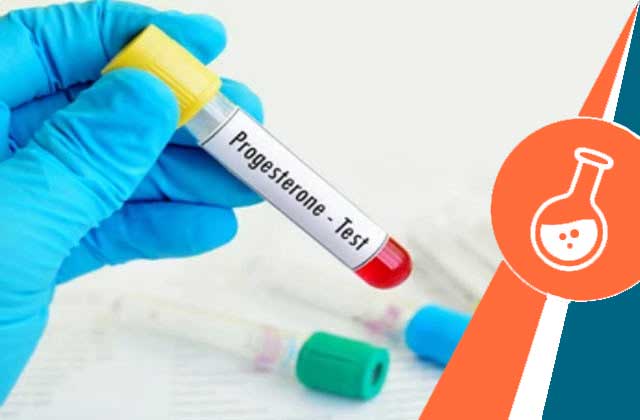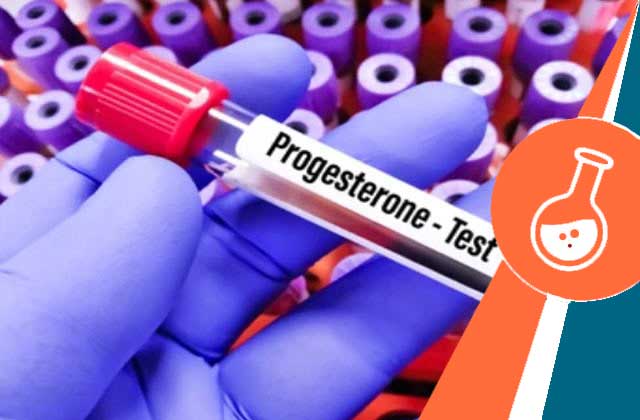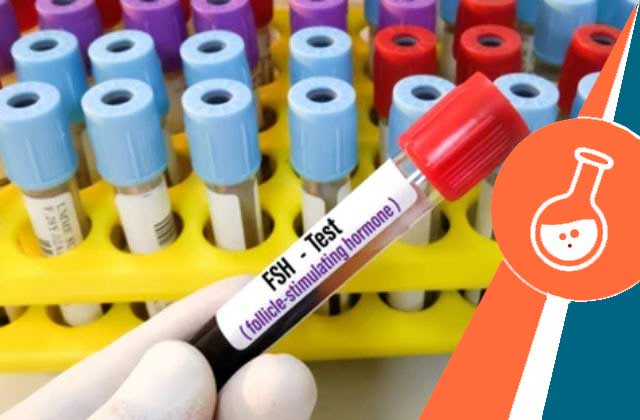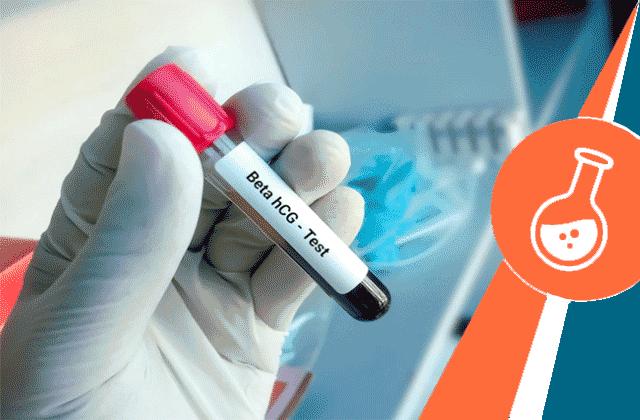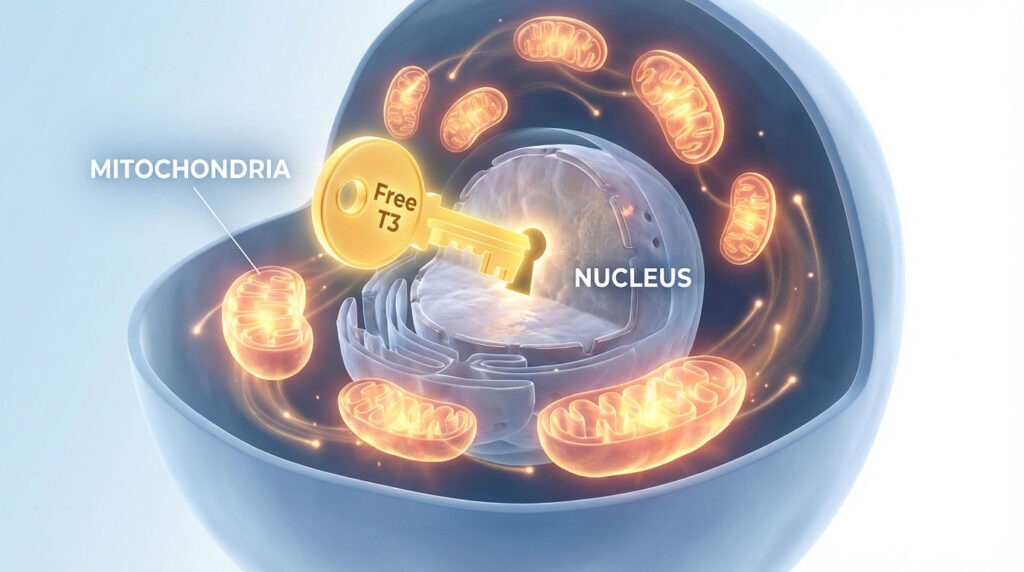Blood Tests For Pregnants
TESTING IN PREGNANCY
Pregnancy is a remarkable journey filled with anticipation and joy. But, it is crucial for expectant mothers to prioritize their health and the well-being of their growing baby. One way to achieve this is through undergoing testing during pregnancy. These tests provide valuable information about the health of the mother and the developing fetus, helping to ensure a smooth and healthy pregnancy journey under the guidance of a healthcare professional.

Explore Book Blood Test for Pregnant | 50% Off on Pregnancy Test Prices List & Packages
₹2000
₹1310
- Includes 1 Parameters
₹291
₹231
- Includes 1 Parameters
How To Get This Test

CHOOSE YOUR TESTS

PHLEBOTOMIST VISITS YOUR PLACE

GET YOUR TEST REPORTS
PURPOSE
What Is The Purpose Of Pregnancy Testing
Undergoing routine tests during pregnancy can ensure early detection of any abnormalities, monitor the baby’s development, and receive appropriate medical care. Consulting with healthcare professionals is essential to understand the proper pregnancy check-up list and the comprehensive list of tests during pregnancy that are recommended for each individual.
SYMPTOMS
What Are The Signs and Symptoms of Pregnancy
When a woman suspects she may be pregnant, recognizing the signs and symptoms of pregnancy is crucial. While a pregnancy test at home or a blood test to confirm pregnancy provides definitive results. Some common signs and symptoms that may suggest pregnancy:
- Missed Period
- Nausea and Morning Sickness
- Tender Breasts
- Fatigue
- Frequent Urination
- Food Cravings and Aversions
- Mood Swings
TESTING TYPES
Common Tests During Pregnancy
Testing in pregnancy should be done thoroughly to ensure the health and well-being of both the mother and the baby. Pregnancy checking involves a variety of lab tests and physical examinations. Expectant mothers can easily book the following pregnancy tests online:
Blood Tests | Urine Tests |
Blood tests for pregnant also include prior screening for infections that assess various factors related to maternal health and fetal development. |
Urine tests are conducted throughout the pregnancy to monitor the health of both the mother and the fetus. |
Tests Done Early in Pregnancy
During the early stages of pregnancy, several important tests are conducted:
- Blood or Urine Test to Confirm Pregnancy
- Early Pregnancy Ultrasound: An early pregnancy ultrasound, usually performed between 6-8 weeks of gestation, allows healthcare professionals to visualize the developing embryo and confirm the presence of a viable pregnancy.
- Genetic Screening: In some cases, genetic screening tests may be offered during the first trimester to assess the risk of genetic disorders or chromosomal abnormalities.
Tests Done Later in Pregnancy
As the pregnancy proceeds, various tests are performed to keep track of the mother’s health and the developing fetus. A smooth, healthy pregnant journey is ensured by these tests that are performed later in the pregnancy.
- Pregnancy Check-Up: To evaluate the health of the mother and the unborn child, routine pregnancy check-ups are important. These tests include taking blood pressure, keeping track of weight changes, listening for the baby’s heartbeat, as well as gauging how far along the pregnancy is overall.
- Blood and Urine Tests During Pregnancy: They are conducted to monitor the blood count, iron levels, blood sugar levels, and any possibilities of infections.
- Ultrasound: Ultrasounds are regularly performed during the later stages of pregnancy to monitor the growth & development of the fetus and provide detailed images of the baby.
- Gestational Diabetes Screening: Around 24 to 28 weeks of gestation, a blood test to screen for gestational diabetes is conducted. It is known as the Oral Glucose Tolerance Test (OGTT).
- Group B Streptococcus (GBS) Screening: In the third trimester, a screening test for Group B Streptococcus (GBS), known as culture, may be performed. GBS is a common bacterium that can be present in the birth canal and potentially cause infections in newborns.
Testing for Birth Defects: Ensuring the Health of Your Baby
During pregnancy, various tests are available to screen for or diagnose potential birth defects in the developing baby.
- Genetic Screening: During pregnancy, specific blood tests and ultrasound should be performed to assess the risk of chromosomal abnormalities, like Down syndrome:
- Double marker test during the first trimester
- Triple marker test during the second trimester
- Quadruple marker test for final confirmation in the second trimester
- Cell-Free DNA Testing: Also known as non-invasive prenatal testing (NIPT), cell-free DNA testing involves analyzing a sample of the mother’s blood to detect the presence of certain chromosomal abnormalities. These can be Down syndrome, Edwards syndrome, and Patau syndrome.
- Targeted Ultrasound: A targeted ultrasound is a detailed examination performed during the second trimester to assess the anatomy of the baby and detect any structural abnormalities.
- Chorionic Villus Sampling: This test is typically performed between 10 and 13 weeks of pregnancy. It can help detect various chromosomal abnormalities and genetic disorders.
TEST RESULTS INTERPRETATIONS
You received your pregnancy test results but still need help determining them. Read this section to understand what your test results mean.
What Do Pregnancy Test Results Mean?
When it comes to testing in pregnancy, one of the first steps is taking a proper pregnancy test to determine whether you’re expecting. Whether you choose a pregnancy test at home or opt for a blood test or a urine pregnancy test, understanding the results is essential. Let’s delve into what these test results mean.
| Positive Result | A positive pregnancy test indicates that you are pregnant. The test detects the presence of the hormone human chorionic gonadotropin (hCG) in your urine or blood. |
| Negative Result | A negative result on a pregnancy test means that you are not pregnant. It indicates the absence of detectable levels of hCG in your system. |
| False Positive or False Negative | While uncommon, false positive or false negative results can occur. A false positive indicates a positive result when you are not actually pregnant. A false negative, on the other hand, occurs when the test incorrectly indicates that you’re not pregnant when you are. |
COMPLICATIONS OF PREGNANCY
What Are Some Common Complications Of Pregnancy?
These complications during pregnancy that expectant moms may face are listed below.
High Blood Pressure:
- Gestational Hypertension: Development of high blood pressure after the 20th week of pregnancy.
- Chronic Hypertension: Pre-existing high blood pressure that predates pregnancy.
- Preeclampsia: A serious condition characterized by high blood pressure and organ damage.
Gestational Diabetes:
- Diabetes that develops during pregnancy, affecting the body’s ability to regulate blood sugar levels.
Infections:
- Urinary Tract Infections (UTIs): Common bacterial infections that can cause discomfort and, if left untreated, potentially lead to complications.
- Group B Streptococcus (GBS): Bacterial infection that can be passed to the baby during delivery, causing severe illness.
- Sexually Transmitted Infections (STIs): Infections such as chlamydia, gonorrhea, and syphilis, can be transmitted to the baby during pregnancy or delivery.
Preeclampsia:
- A condition characterized by high blood pressure, protein in the urine, and organ dysfunction. This can lead to complications such as premature birth, low birth weight, and maternal organ damage.
Preterm Labor:
- The onset of regular contractions and cervical changes before 37 weeks of gestation. This can result in premature birth, which carries a higher risk of health problems for the baby.
Depression & Anxiety:
- Pregnancy-related mood disorders, including antenatal and postpartum depression/anxiety. Can negatively impact both the mother’s and baby’s well-being if left untreated.
Pregnancy Loss/Miscarriage:
- The spontaneous loss of a pregnancy before the 20th week. This can occur due to various factors, including genetic abnormalities, hormonal imbalances, or maternal health conditions.
Stillbirth:
- The loss of a baby after the 20th week of pregnancy, before birth. Can occur due to complications such as placental problems, infections, or fetal abnormalities.
Other Complications:
- Placenta Previa: When the placenta partially or completely covers the cervix, leading to potential bleeding issues during pregnancy or delivery.
- Placental Abruption: Premature separation of the placenta from the uterine wall, causing bleeding and potential harm to the baby.
- Multiple Gestation: Pregnancy with twins, triplets, or more, which carries an increased risk of complications such as premature birth and low birth weight.
- Anemia: A condition characterized by low levels of red blood cells, potentially leading to fatigue and other complications.
- Hyperemesis Gravidarum: Severe nausea and vomiting during pregnancy, which can lead to dehydration and weight loss.
Remember, each pregnancy is unique. It’s essential to consult with healthcare professionals for personalized guidance and monitoring throughout the pregnancy journey.
FAQs Around Pregnancy Tests
When to take a pregnancy test?
Most pregnancy tests can be conducted from the first day of a missed period. If you don’t know when your next period is due, take the test at least 21 days after your last unprotected sex.
Is the urine test for pregnancy accurate?
The urine test for pregnancy is highly accurate in detecting the presence of the pregnancy hormone, hCG.
How long to hold urine for the afternoon pregnancy test?
To ensure accurate results for an afternoon pregnancy test, it is recommended to hold urine for at least two to four hours before testing.
What hormone levels are checked for pregnancy?
During pregnancy, various hormone levels are checked to determine the progress and well-being of the pregnancy. These include hCG (human chorionic gonadotropin), progesterone, and estrogen. Hormone tests play a crucial role in confirming and monitoring the pregnancy.
Why are Antenatal tests required during pregnancy?
Antenatal tests help in monitoring the progress of pregnancy, detecting any potential complications early on, and ensuring timely interventions if necessary. Antenatal testing involves a range of blood tests, urine tests, ultrasounds, and screenings.
Why is it recommended to undergo an HIV screening test during pregnancy?
Undergoing an HIV screening test during pregnancy is highly recommended to ensure the health and well-being of both the mother and the baby. If a pregnant mother is infected with HIV, there is a risk of transmitting the virus to the baby during pregnancy, childbirth, or breastfeeding.
Why is a glucose tolerance test recommended during pregnancy?
Typically performed during the second trimester of pregnancy, gestational diabetes can increase the risk of complications for both the mother and the baby.
How soon will a pregnancy test read positive?
A pregnancy test can read positive as early as one week after conception. However, it is more accurate to wait until after missed periods.
Building a Legacy of Healthy Smiles
Hear from Our Valued Clients
Service was prompt, sample collected on time. And also got the report quickly.
HealthcareOnTime Blogs
Stay Informed: Latest Insights on Health, Conditions, Tests, and Treatments VIEW ALL



